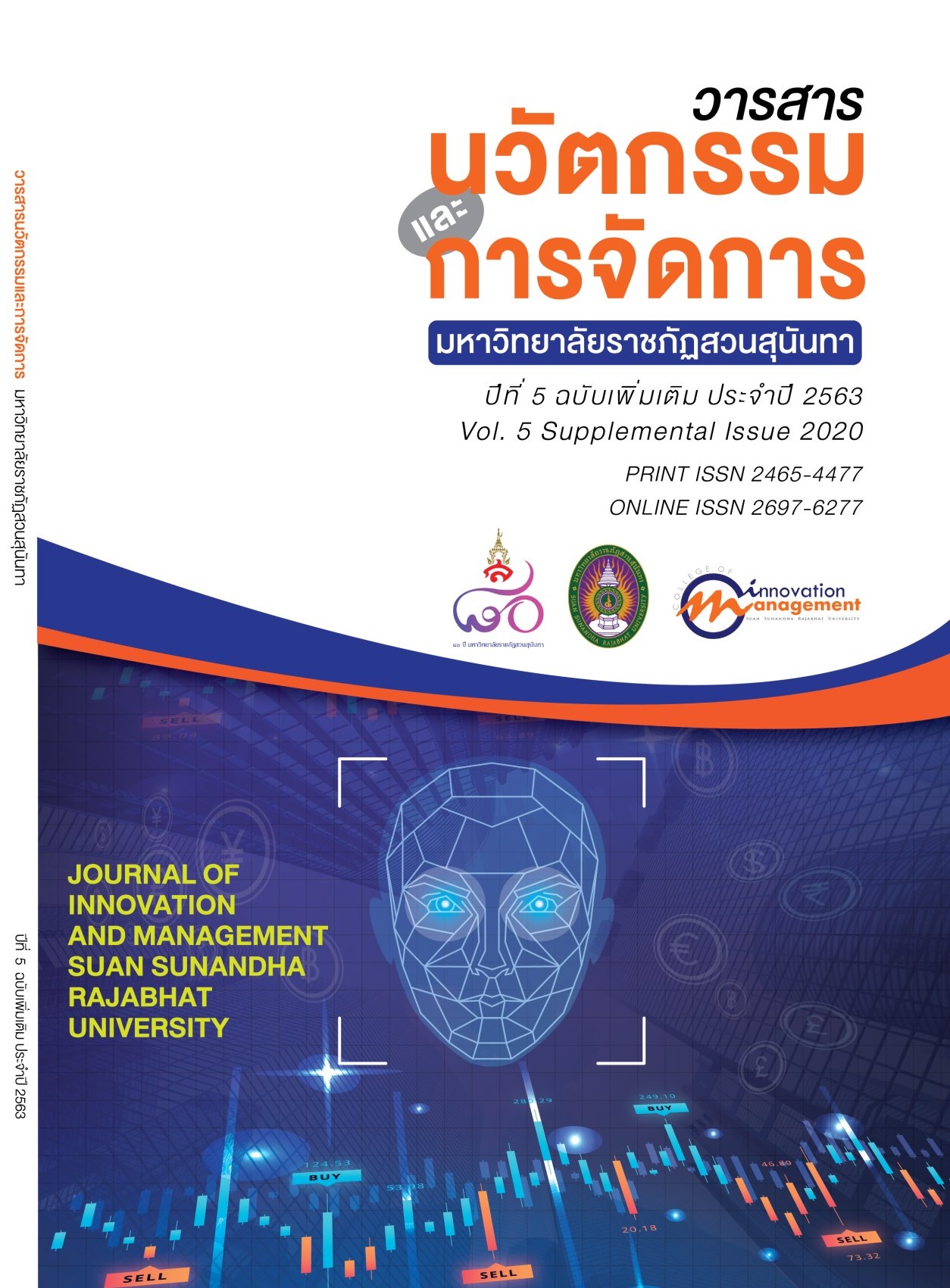Police Databases and Crime Information Management
Keywords:
Crime data, Digital policing, Database management, Polis, CrimesAbstract
This academic article aims to present the concept of the development of police information systems. Royal Thai Police is responsible for controlling crimes committed in Thailand. Police stations are the default units initiating a data belt of crime. Information management systems by police apply for criminal investigation, crime prevention and suppression. For reported incidents, if they are either the criminal case or traffic accident, an interrogation unit must initialize the process. Designing collection and sharing litigation information in a system involves providing both same operation-level and policy-level agencies. The exchange of data insight is vital to the police force in the digital era. POLIS is an information system which was the critical service in the early days. CRIMES is a continued development came later. The separation of criminal databases from the administrative parts is a significant turning point in the latter stages' growth. However, organizational data related to human resources and budget is also required to maintain cross-system links. The future approach to police station systems focuses on hardware and software optimization. Moreover, the adoption of artificial intelligence technology to support crime analysis and investigations as consideration.
References
Central Information Technology Center. (2017). CRIMES on Mobile 2017 Application for Searching Information of Crime Prevention and Suppression. [Online]. Retrieved September 10, 2020 from: http://pitc.police.go.th/2014/?p=1899 (In Thai)
Central Information Technology Center. (n.d.) Information Systems of Royal Thai Police. [PowerPoint Slides]. [Online]. Retrieved September 10, 2020 from: http://muang.phrae.police.go.th/pic/CRIMES/ (In Thai)
Chanruam, P. (2019). The Development of Criminal Investigation for Royal Police Cadet Academy Program. Journal of Interdisciplinary Research: Graduate Studies, 8(2), 330-337. (in Thai)
Chunpan, P. (2018). Virtualization Server Implement and Evaluation Case Study: Cloud Computing of Internet Thailand Public Company Limited. Thesis of the Degree of Master of Science in Information Technology. Bangkok: Sripatum University. (in Thai)
Lewis, B. (2013). Virtual Desktop System Saves Police Department Time and Money. Washington, DC: National Law Enforcement and Corrections Technology Centre.
Office of Information and Communication Technology. (2012). Project Guidance of Police Station and Information Development System: CRIMES. Bangkok: Royal Thai Police. (in Thai)
Office of Police Strategy. (2020). Annual report 2020: Results of the implementation of crime suppression and prevention nationwide. [Online]. Retrieved December 1, 2020 from http://thaicrimes.org/download/ (in Thai)
Pakdeenarong, P. (2016). People's participation in crime notification using technology: a case study of metropolitan police division 2. Veridian E-Journal, Science and Technology of Silpakorn University, 3(6), 130-137. (in Thai)
Phew-on, M. (2000). Information technology development of the Royal Thai Police. Chonburi: Burapha University. [Online]. Retrieved August 16, 2020 from: http://digital_collect.lib.buu.ac.th/ dcms/files/07052/chapter2.pdf (in Thai)
Piwatwutikun, T. (2018). Legal problems on information technology management Justice Process. Huachiew Chalermprakiet Law Journal, 8(2), 66-81. (in Thai)
Sinloyma, P., Chanpan, S., Puwadiskun, T. and Makjit, M. (2013). The Development of Efficient Technology for Using in the Practice of Police Officers at the Police Station. Bangkok: Thai Research Fund. (in Thai)
Sumritdechkajorn, N. (2000). A design and development of a criminal information system for supporting investigation in police stations. Thesis of the Degree of Master of Science in Engineering. Bangkok: Chulalongkorn University. [Online]. Retrieved August 10, 2020 from: https://cuir.car.chula.ac.th/handle/123456789/5552 (in Thai)
Downloads
Published
How to Cite
Issue
Section
License
Copyright (c) 2020 Journal of Innovation and Management

This work is licensed under a Creative Commons Attribution-NonCommercial-NoDerivatives 4.0 International License.
See Publication Ethics https://so03.tci-thaijo.org/index.php/journalcim/Ethics






